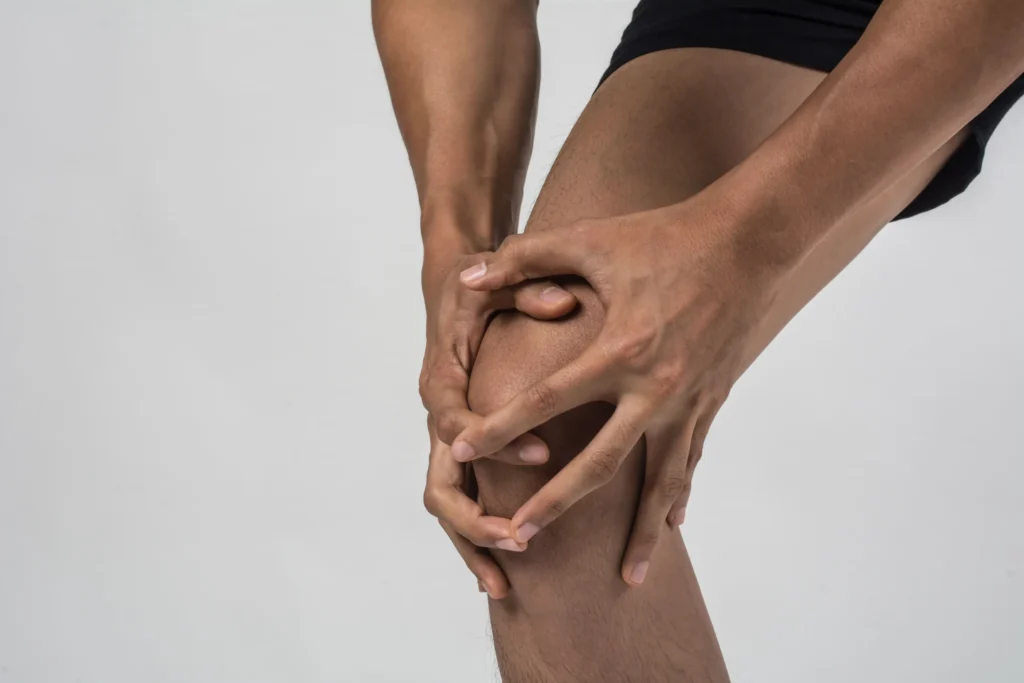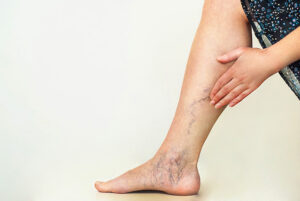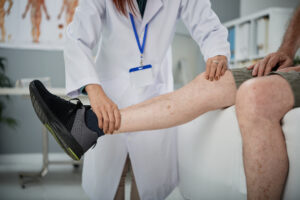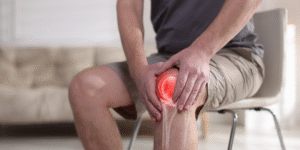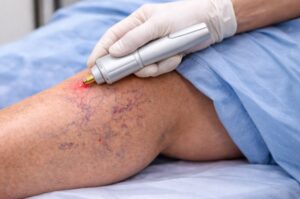1. Introduction
ACL reconstruction surgery is a transformative procedure aimed at restoring stability to the knee after ligament injury. Despite its benefits, a notable percentage of individuals face the daunting challenge of chronic pain in the aftermath. This article delves into the multifaceted aspects of post-surgical pain, offering insights into its prevalence and the critical need for effective strategies to overcome it.
2. Understanding Chronic Pain
Chronic pain is a complex phenomenon, encompassing various types such as nociceptive, neuropathic, and psychogenic pain. Following ACL reconstruction, the persistence of pain can be attributed to factors like nerve damage, inflammation, and individual pain thresholds. Understanding these nuances is crucial for tailoring personalized approaches to pain management.
3. The Road to Recovery
Recovery post-ACL surgery is a meticulous journey that demands a structured rehabilitation program. Emphasizing the importance of gradual, targeted exercises and physical therapy, this section outlines how a well-designed recovery plan plays a pivotal role in managing pain and restoring optimal functionality.
4. Role of Regenerative Medicine
Introducing regenerative medicine as a beacon of hope in the realm of pain management. Beyond traditional approaches, regenerative therapies harness the body’s innate healing abilities. Expanding on the concept, this section explores how these innovative treatments contribute to pain relief and tissue regeneration, fostering a quicker recovery.
5. Platelet-Rich Plasma (PRP) Therapy
Platelet-Rich Plasma (PRP) therapy involves injecting concentrated platelets from the patient’s blood into the affected area. This section delves into the science behind PRP therapy, elaborating on how the growth factors released aid in tissue repair. Supported by compelling studies, it establishes PRP as a viable and effective option for reducing pain post-ACL surgery.
6. Holistic Pain Management Treatment Approaches
This section focuses on holistic approaches to pain management, highlighting the body’s self-healing capability. By emphasizing the inherent ability of the body to recover, readers gain insights into holistic methods that complement traditional medical interventions. Success stories and potential benefits of embracing a holistic approach are explored.
7. Pain Management Strategies
Beyond medications, this section explores a comprehensive approach to pain management. Highlighting the role of medications in alleviating pain while delving into alternative therapies such as acupuncture, chiropractic care, and mindfulness practices. It provides a well-rounded understanding of the diverse strategies available to individuals seeking relief.
8. Lifestyle Changes for Pain Reduction
Shifting the focus to lifestyle modifications, this section emphasizes the crucial role of a healthy lifestyle in pain reduction. From maintaining a balanced diet rich in anti-inflammatory foods to incorporating regular exercise, readers discover practical steps they can take to positively impact their recovery and overall well-being.
9. Psychological Support
Acknowledging the psychological toll of chronic pain, this section explores the importance of addressing the mind-body connection in recovery. From the impact of stress on pain perception to the role of counseling and support groups, it provides valuable insights into fostering mental resilience throughout the rehabilitation process.
10. Common Challenges in Recovery
Highlighting potential setbacks in the recovery journey post-ACL surgery and offering practical guidance on overcoming them. From managing unexpected pain flares to setting realistic expectations, readers gain a realistic perspective on the challenges they may face and strategies to navigate them effectively.
11. Future Trends in Pain Management
Venturing into the future, this section explores the latest advancements in pain management technology. From virtual reality therapies to personalized medicine, readers gain insight into the exciting developments that may shape the landscape of pain management in the coming years.
12. Expert Insights
Bringing authority to the discussion, this section features quotes from medical professionals specializing in pain management. With their expert opinions on the integration of regenerative medicine into conventional treatment plans, readers gain a deeper understanding of the medical community’s perspective on these innovative approaches.
13. Staying Positive Through the Journey
Acknowledging the mental and emotional aspects of recovery, this section emphasizes the significance of maintaining a positive mindset. Practical tips for staying motivated during challenging times are shared, providing readers with actionable strategies to navigate the emotional ups and downs of the recovery process.
14. Conclusion
Summarizing the key takeaways from the article, this section reinforces the message of resilience and encourages readers to persevere on their unique road to recovery. It serves as a motivational conclusion, instilling confidence in readers as they embark on their journey towards a pain-free life.
Frequently Asked Questions (FAQs)
1. How long does it typically take to recover from chronic pain post-ACL surgery?
Recovery timelines vary, but a comprehensive rehabilitation plan can significantly expedite the process. Individual factors also play a role, so it’s essential to consult with healthcare professionals for personalized guidance.
2. Are regenerative therapies like PRP safe?
Extensive research supports the safety of PRP therapy, but consulting with a healthcare professional is essential. They can assess individual health conditions and provide tailored advice.
3. Can lifestyle changes genuinely impact pain levels?
Yes, adopting a healthy lifestyle can genuinely contribute to pain reduction and overall well-being. Consistent efforts in maintaining a balanced diet, regular exercise, and stress management can make a significant difference.
4. Is psychological support crucial for recovery?
Absolutely, addressing the psychological aspect is integral to a holistic recovery process. Seeking counseling or participating in support groups can provide invaluable emotional support during the challenging phases of recovery.
5. What are the latest advancements in pain management technology?
Stay informed about cutting-edge technologies that may offer additional options for pain management. From wearable devices to advanced imaging techniques, ongoing research continues to unveil innovative solutions for enhanced pain relief.

